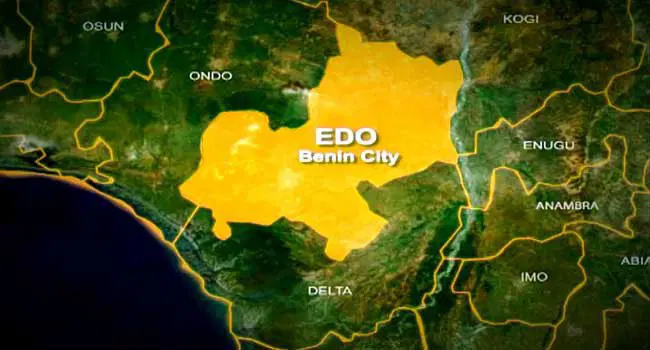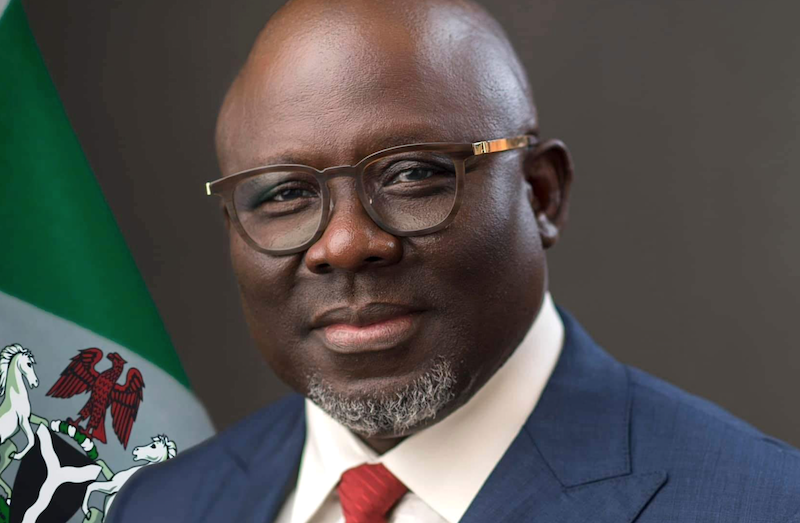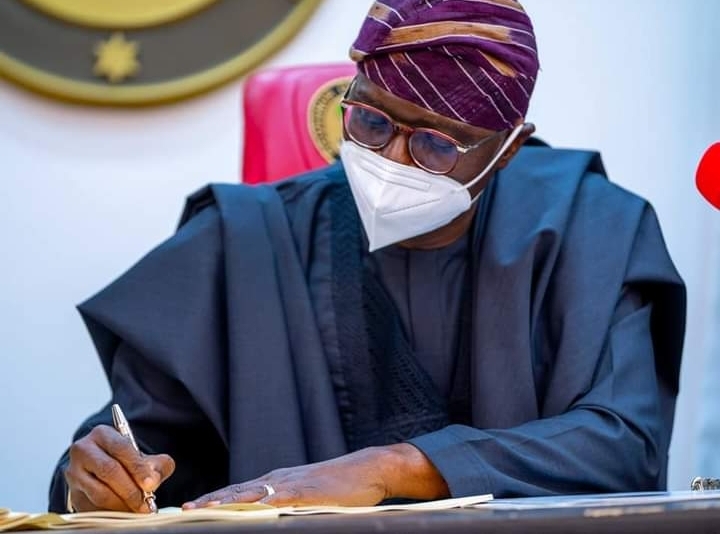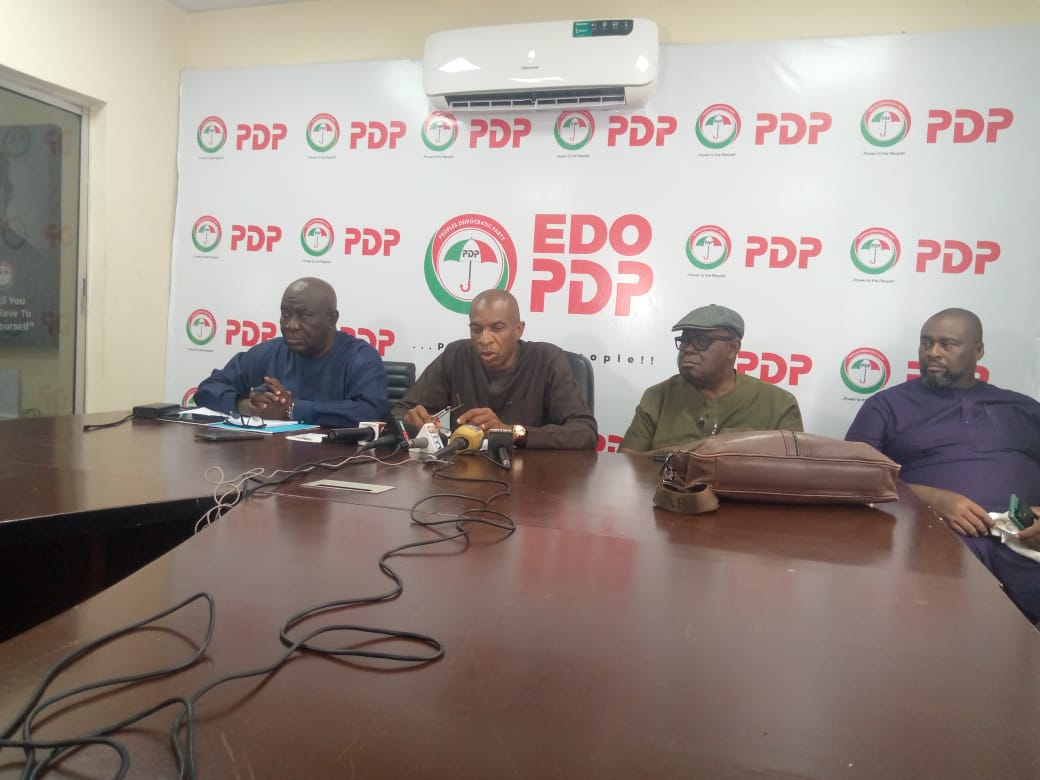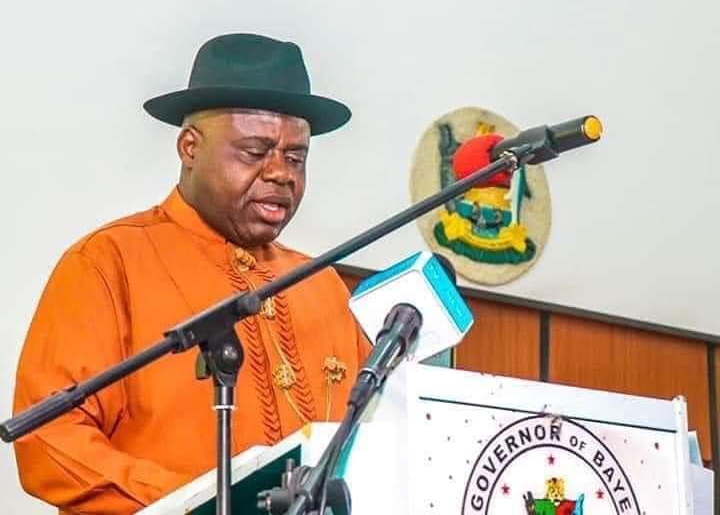The Revenue Mobilisation Allocation and Fiscal Commission (RMAFC) says there is currently no evidence to support the allegation that some state governments are diverting funds allocated to local governments.
Mr Bimbo Kolade, the Chairman of the Committee on Inland Revenue Services at RMAFC, disclosed this in an interview with NAN in Ibadan on Monday.
He stated that while such stories of diversion were frequently heard, they remained largely unsubstantiated.
“These are mostly street stories. We hear of such claims, but there has never been concrete evidence presented to the commission that proves any specific case of diversion,” Kolade said.
He, however, acknowledged growing public concern about the transparency of local government funding and the need for better monitoring of allocation utilisation at the grassroots level.
According to him, under the current arrangement, local governments still receive their allocations through state governments.
This system has often attracted criticisms from Civil Society Organisations and development advocates.
However, Kolade said that the constitutional mandate of RMAFC was limited in this regard, noting that, “Our primary role is the distribution of revenue from the Federation Account.”
According to him, once funds are allocated, the commission’s monitoring role is limited, especially following a Supreme Court ruling that curtailed some of its oversight powers post-disbursement.
He stated that despite this legal limitation, RMAFC still provides advisory support to local governments on fiscal matters and strategies to improve their Internally Generated Revenue (IGR).
“We regularly advise local governments on how to diversify their economies and increase revenue, especially in sectors like agriculture and solid minerals,” he said.
Kolade also touched on the Supreme Court’s 2023 judgment, which mandated that local governments should receive their allocations directly from the Federation Account.
“Although the Supreme Court made that ruling some time ago, local governments are still not receiving funds directly. They still get their allocations through the states,” he said.
According to him, the Federal Ministry of Finance, through the Office of the Accountant-General of the Federation and the Federation Accounts Allocation Committee (FAAC), is responsible for implementing the judgment.
“Implementation has been delayed by various issues, including resistance from the Nigerian Governors’ Forum and administrative bottlenecks like the requirement for each local government to open an account with the Central Bank of Nigeria,” he said.
Kolade emphasised the need for a clear and transparent mechanism to ensure that local government funds reached them and were used to improve lives at the grassroots.
He urged the local governments to stop relying solely on federal allocations and instead leverage their comparative advantages, such as natural and economic advantages, to boost their IGR.
“For instance, in Oyo State, out of the 33 Local Government Areas, about 26 are agrarian and can explore agricultural partnerships and solid mineral development to strengthen their economic base,” he said.
Nevertheless, while RMAFC might not have full enforcement powers post-disbursement, Kolade said the commission remained committed to promoting accountability and fiscal discipline across all tiers of government.

